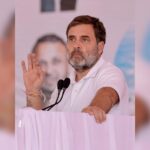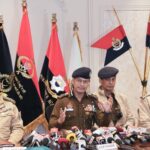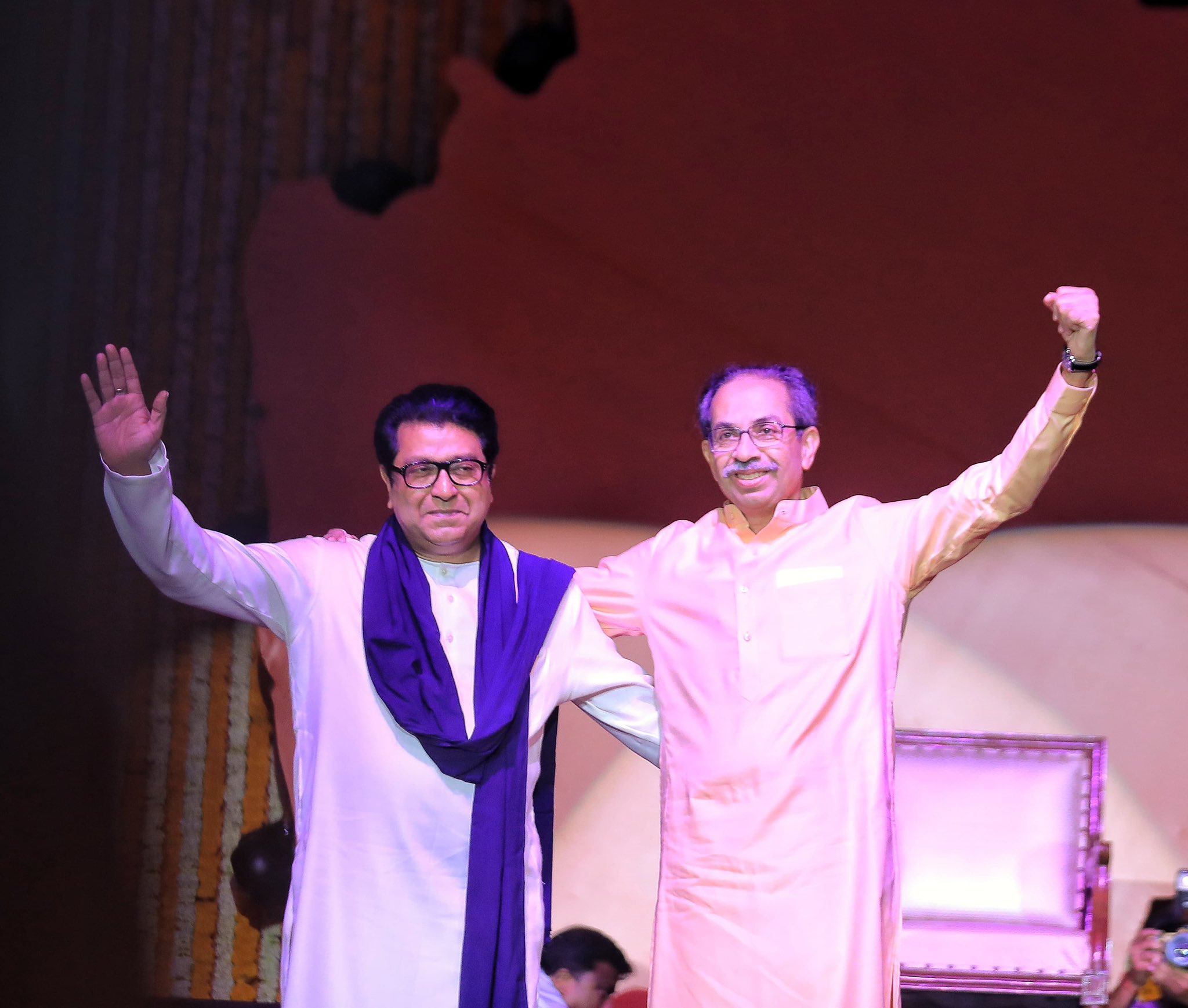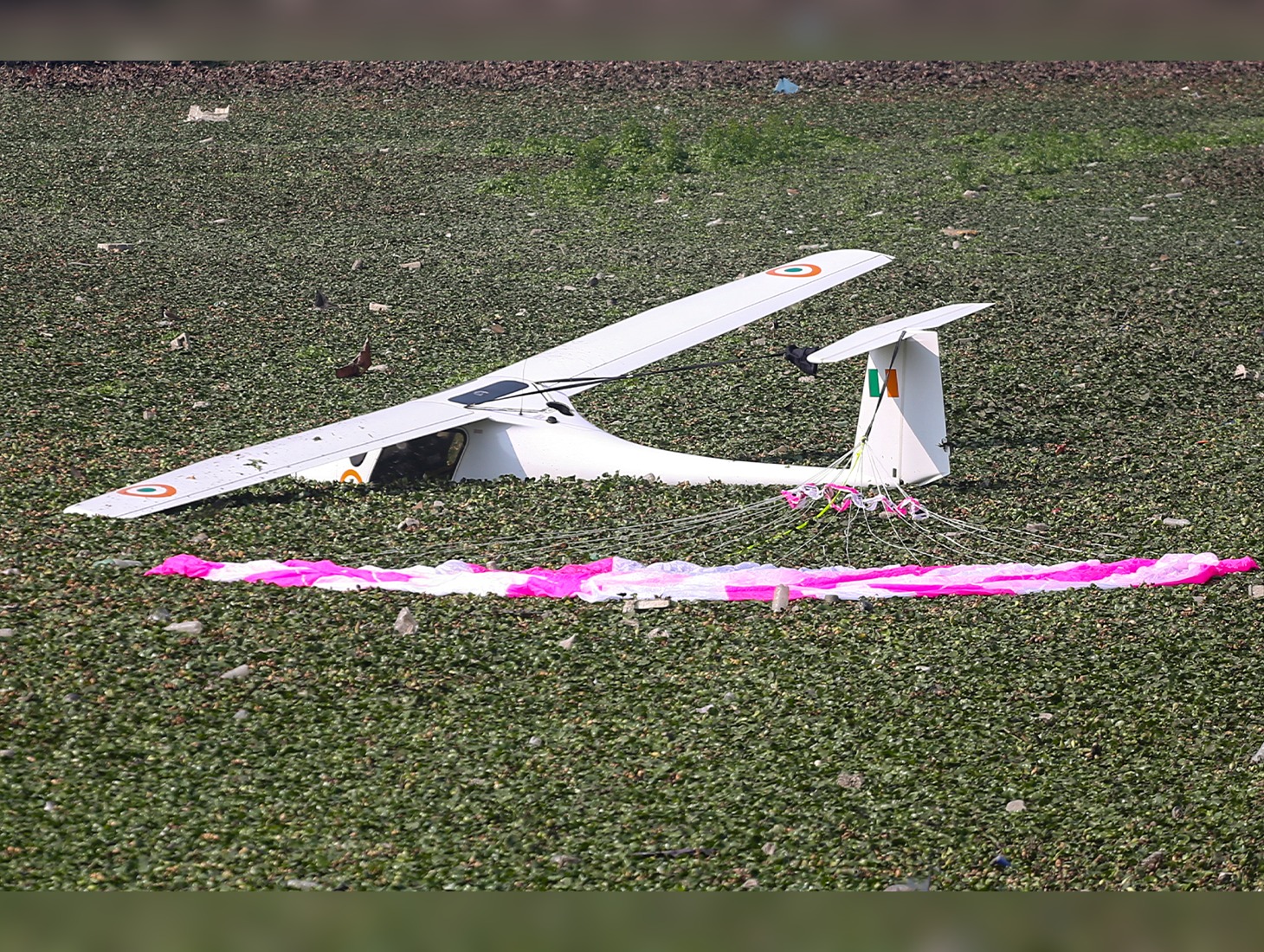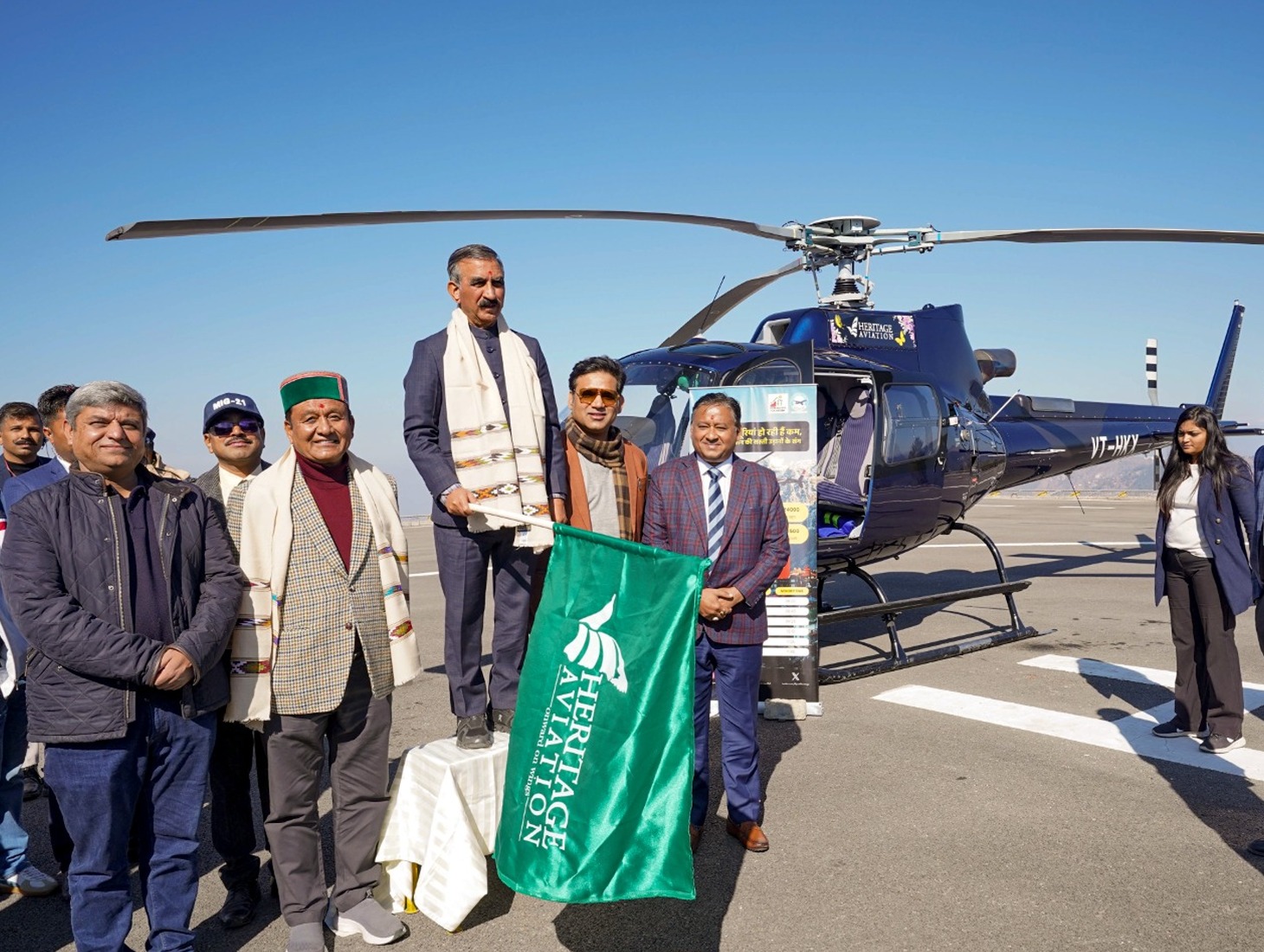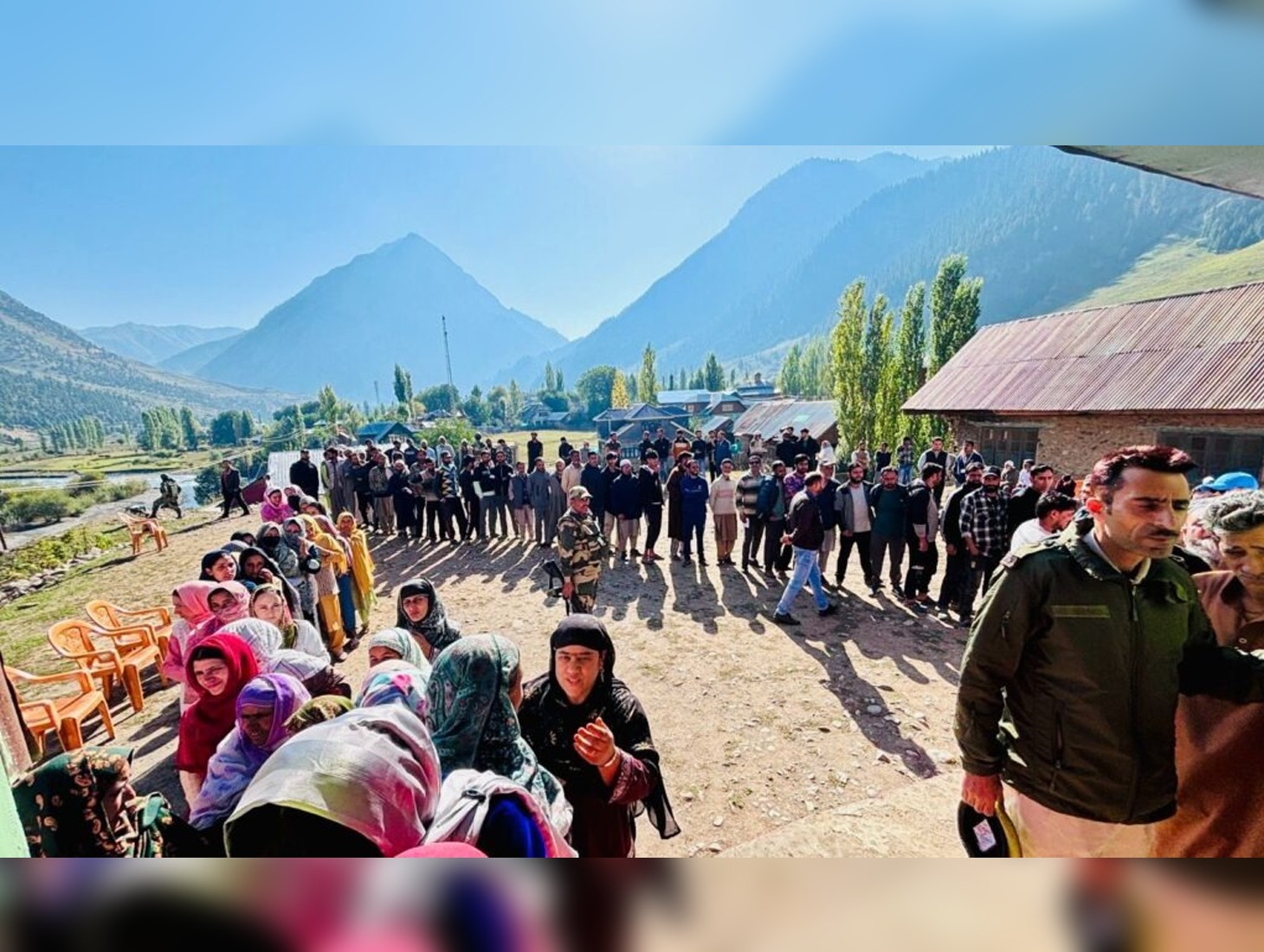The North News
Mumbai, July 5
After nearly two decades of estrangement, cousins Uddhav and Raj Thackeray — once heirs to a shared political legacy but long divided — reunited on Saturday at a high-profile rally in Mumbai, signalling a possible realignment in Maharashtra’s shifting political landscape.
The event, dubbed the Marathi Vijay Sabha (Marathi Victory Assembly), took place at the NSCI Dome in Worli and was framed by the Thackeray cousins as a cultural gathering. But its political undertones were unmistakable.
Uddhav Thackeray, head of the Shiv Sena (UBT) and former chief minister, told the crowd, “We came together to remain together,” hinting at a prospective alliance with Raj Thackeray’s Maharashtra Navnirman Sena (MNS). Raj, who broke away from the original Shiv Sena in 2006 to form his own party, returned the sentiment, saying that Maharashtra’s current Chief Minister Devendra Fadnavis had accomplished what even Balasaheb Thackeray — the brothers’ uncle and founder of the Sena — had not: reuniting the two.
The Thackeray rally, staged in this context, positioned both leaders as defenders of regional linguistic and cultural identity. The symbolism resonated deeply in Maharashtra, where language and pride have long been politically potent issues.
For the ruling BJP and its allies, the Thackeray rapprochement is cause for concern. Raj had recently shown signs of moving closer to the BJP, but Saturday’s joint appearance with Uddhav — whose party is in opposition — complicates the narrative. The Congress and Sharad Pawar’s Nationalist Congress Party (NCP), partners with Uddhav in the Maha Vikas Aghadi alliance, kept their distance from the rally, underscoring internal rifts and uncertainty about the implications of the Thackeray detente.
Aditya Thackeray, Uddhav’s son and a prominent figure within Shiv Sena (UBT), sought to downplay speculation. “This is not a political rally but a cultural movement tied to the soul of Maharashtra,” he said, suggesting the event was meant to reinforce identity rather than forge electoral pacts. Nevertheless, the prospect of a renewed Thackeray alliance injects unpredictability into Maharashtra’s political equations, especially ahead of the 2024 state elections. Whether this unity translates into formal cooperation or remains a symbolic gesture will likely depend on how political fault lines evolve over the coming months.
For now, however, the image of Uddhav and Raj sharing a stage — after nearly 20 years of acrimony — marks a turning point that few in Maharashtra’s political class can afford to ignore.









